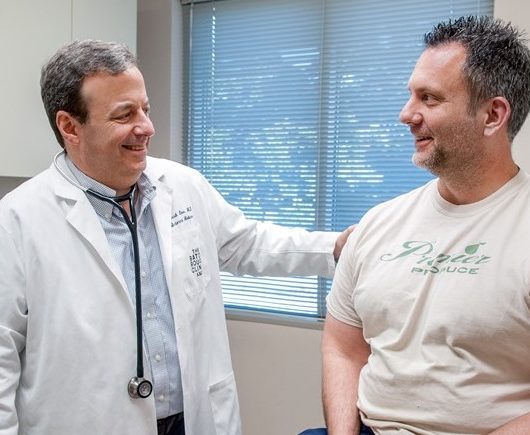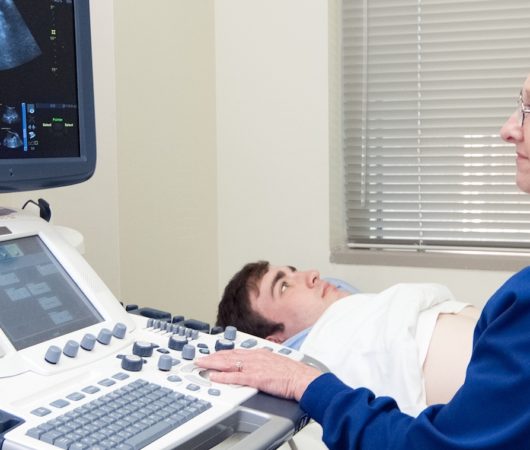We have combined the latest medical equipment, technology and treatment options with a staff of highly skilled medical professionals who have dedicated their lives to caring for patients and their families. And just as importantly, our team is committed to providing compassionate care and treating each patient with dignity and respect at all times.




